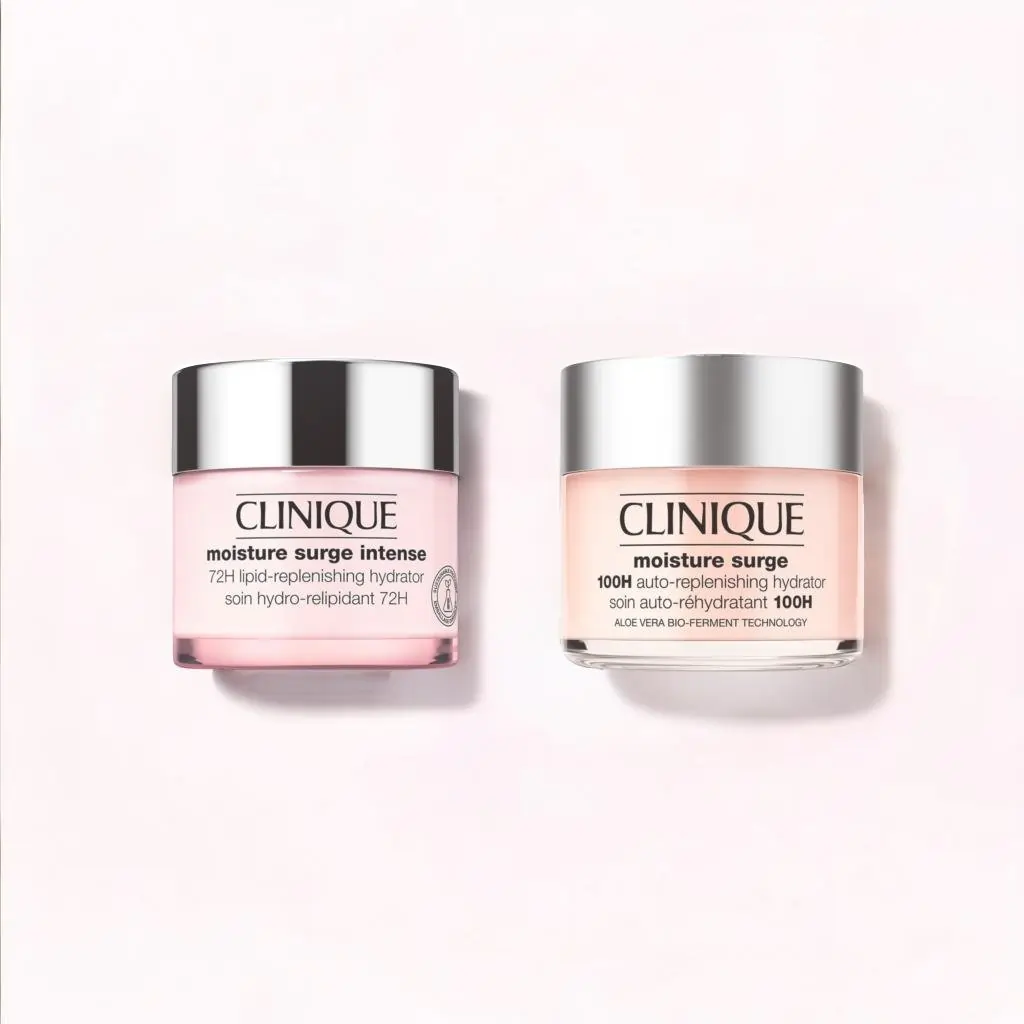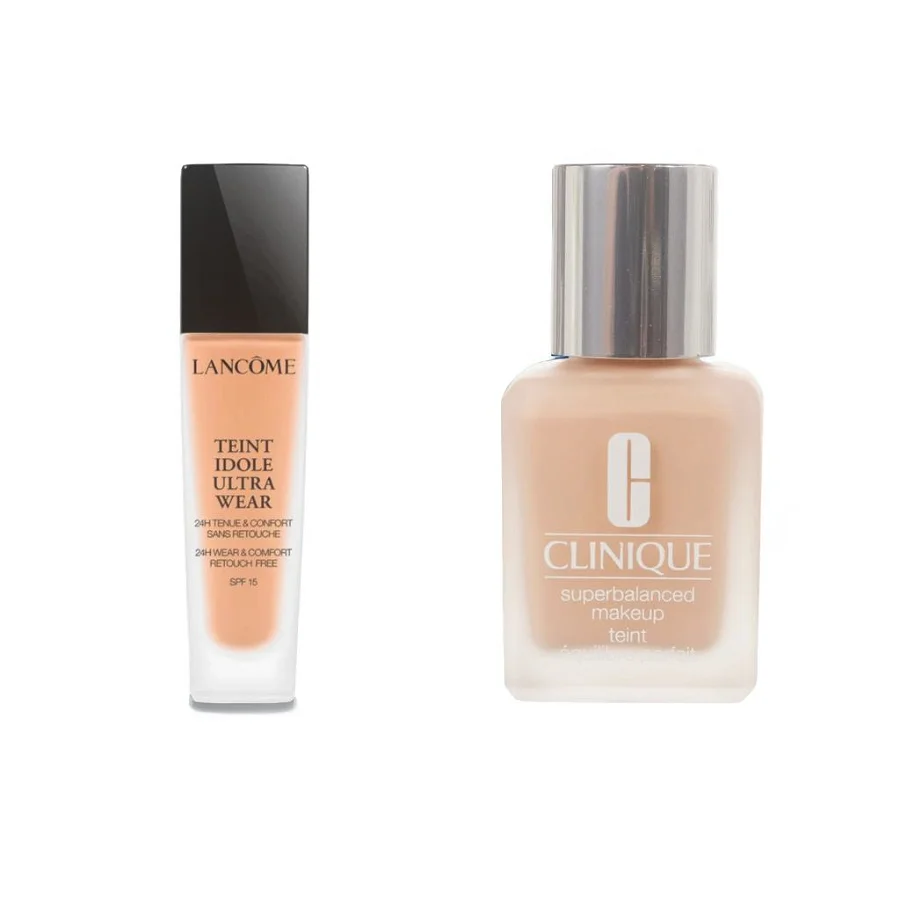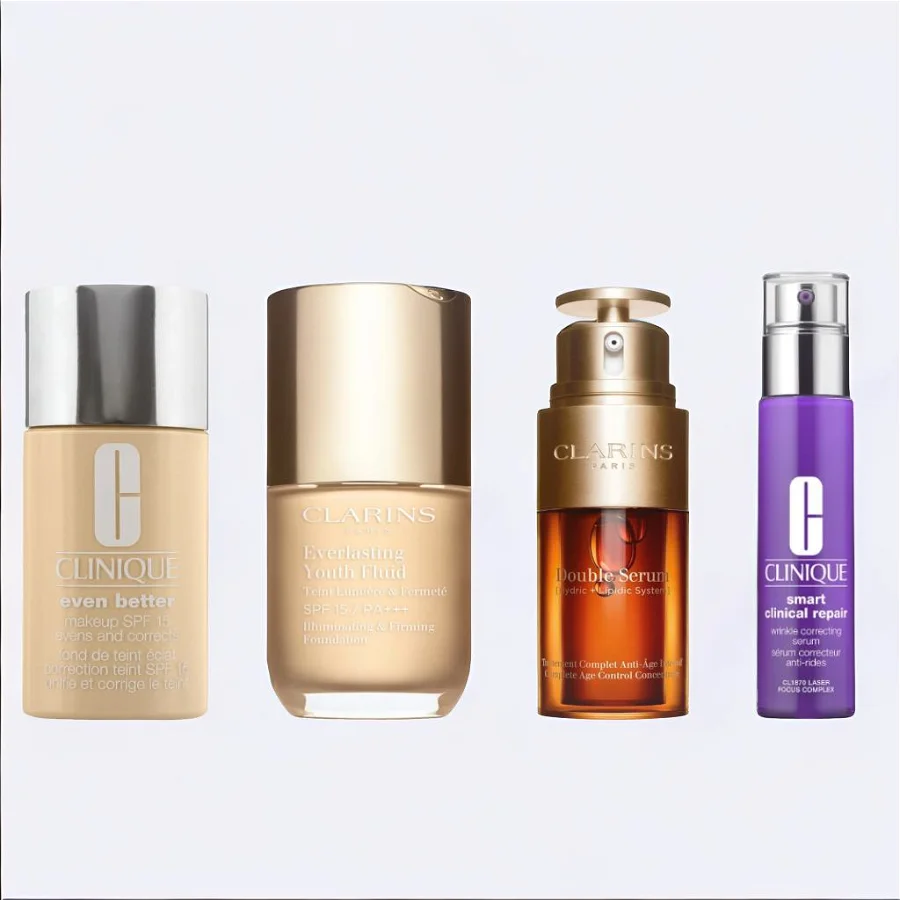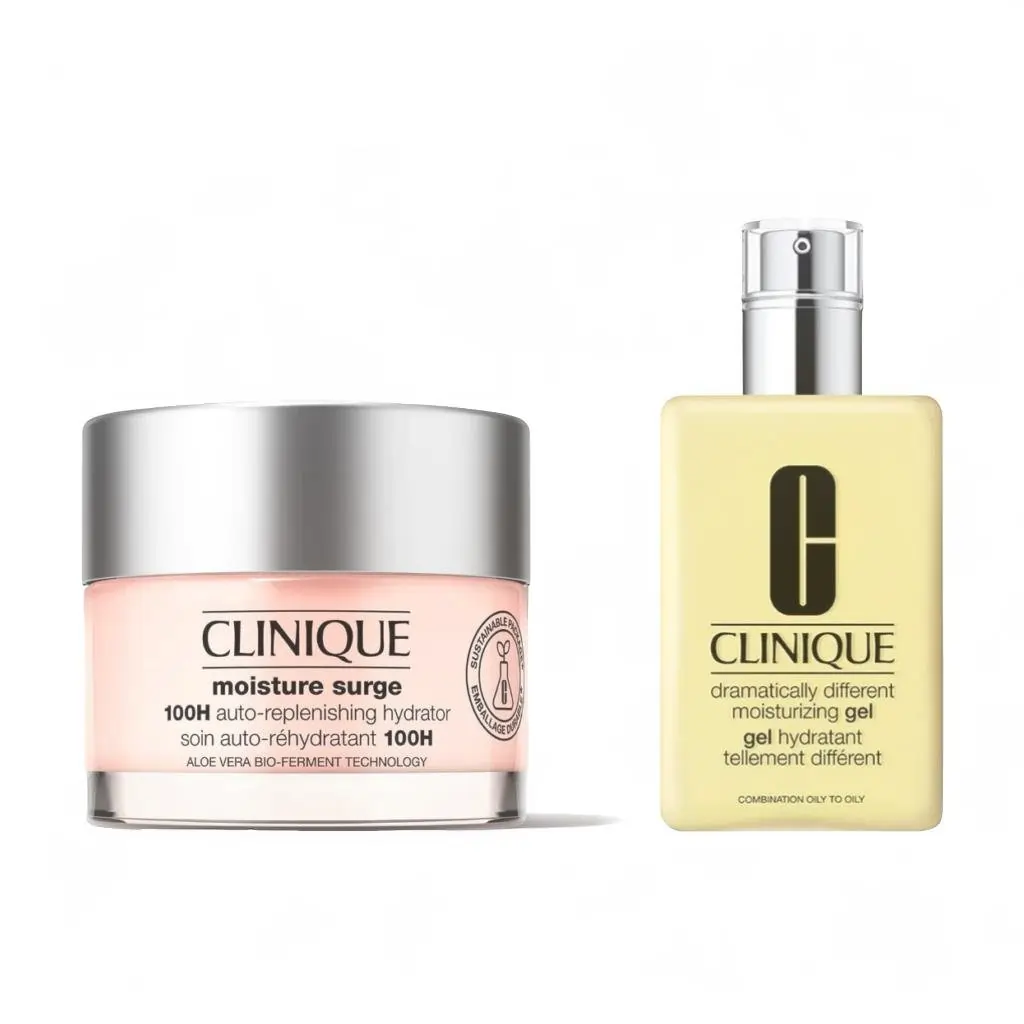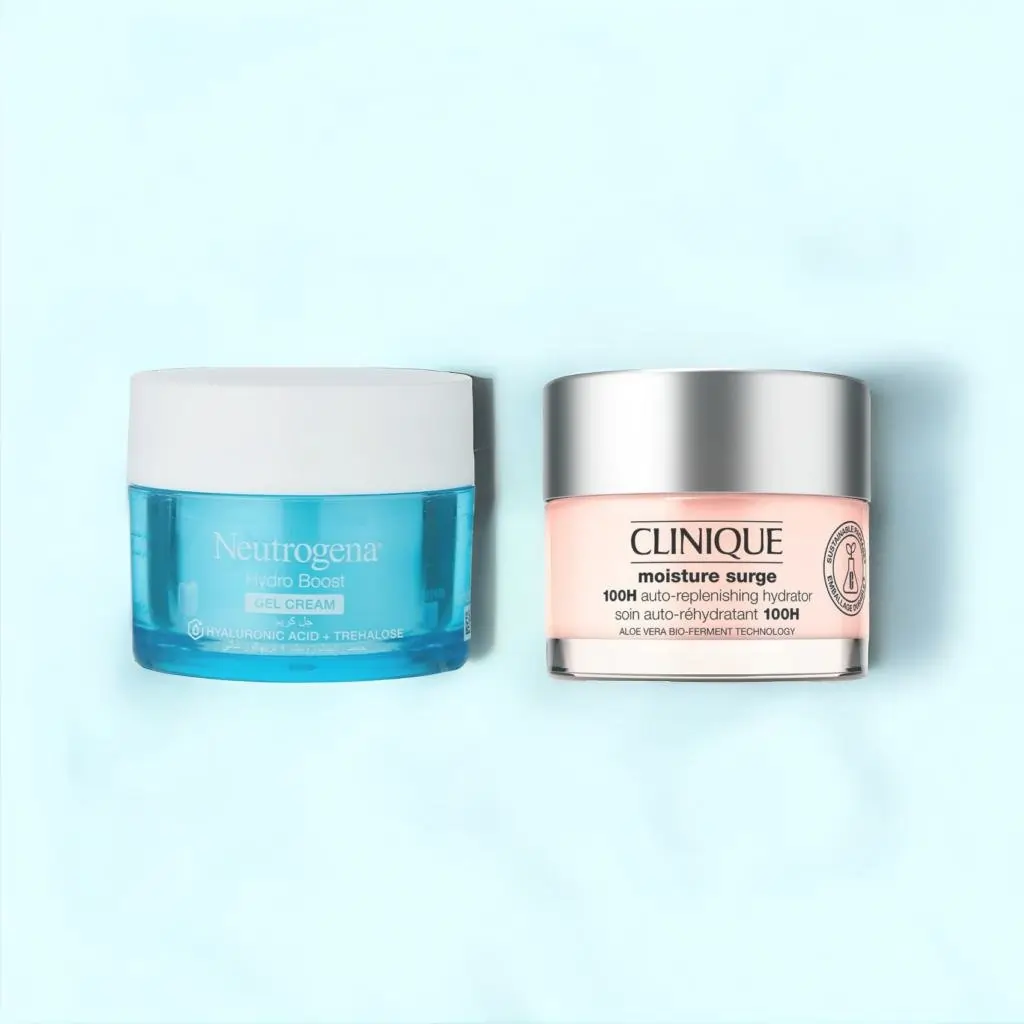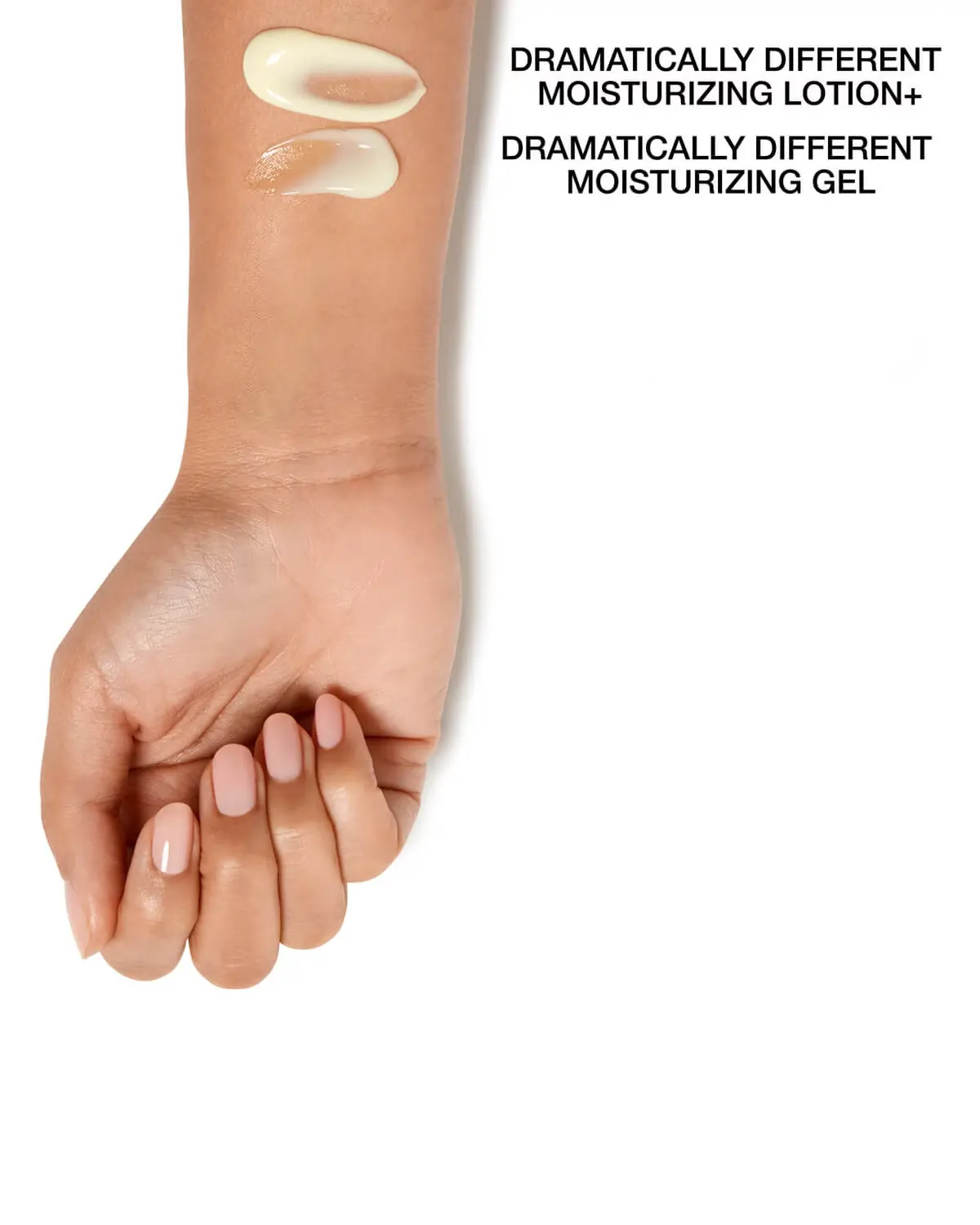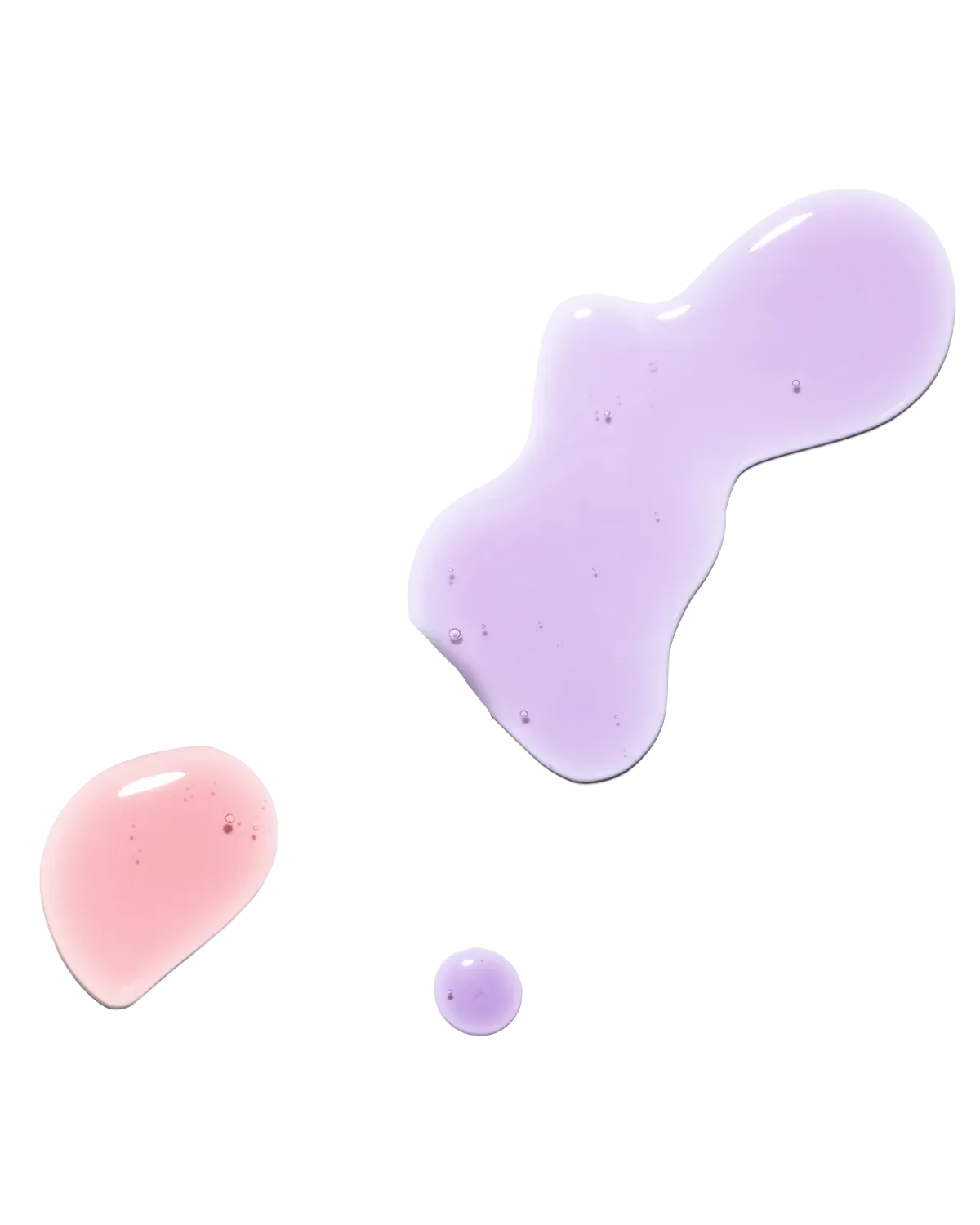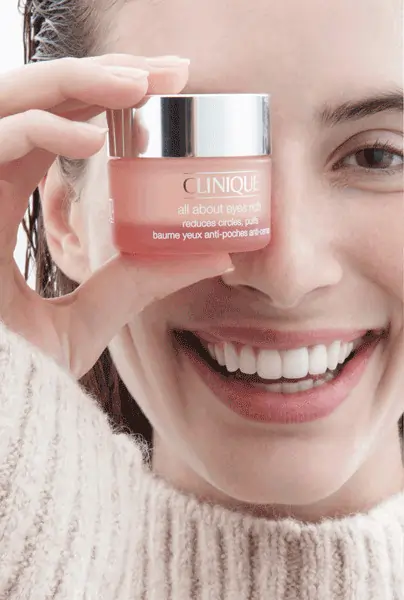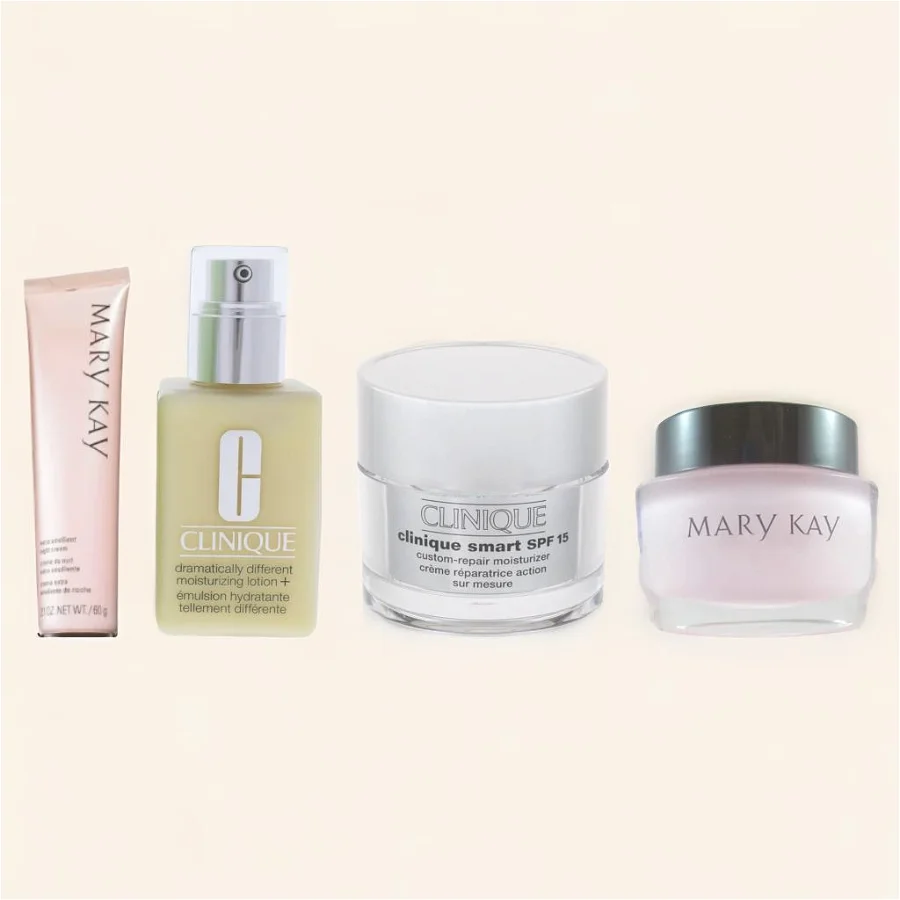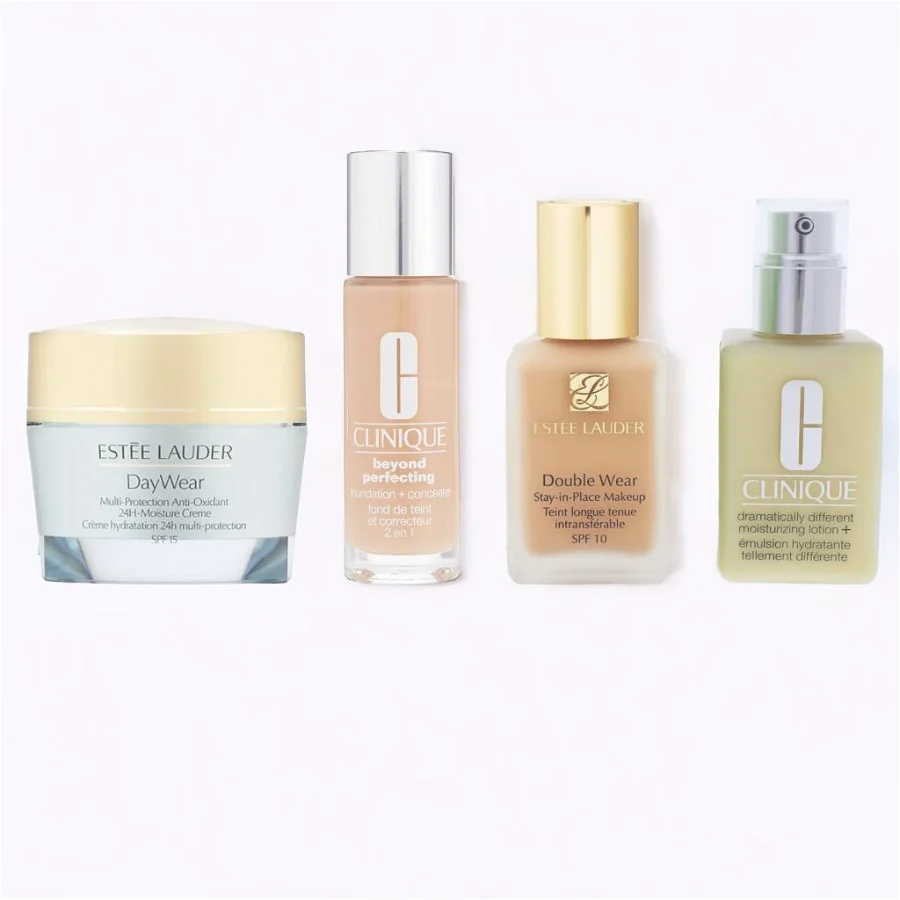
So, you've decided you want to try one of Clinique's cult-favorite, best-selling moisturizers, but you can't quite figure out what the differences are? We've all been there, don't worry!
Come with us as we compare the Clinique Moisture Surge 72H vs Clinique Moisture Surge 100H side-by-side to help you decide which is right for you. Enjoy!
Clinique Moisture Surge Intense 72H Lipid-Replenishing Hydrator vs Clinique Moisture Surge 100H Auto-Replenishing Hydrator
When it comes to your skincare routine, moisturizing is one of the most important steps. A good moisturizer is essential to ensure your skin not only looks but feels good as well. With so many options on the market, the tricky part may be narrowing it down to the most suitable formula for your skin’s needs.
If you’re looking for a moisturizer that will keep your skin hydrated, Clinique's Moisture Surge line is the one to look into as it boasts products that will lock in moisture, so your skin glows all day and night.
2024 update: Clinique has since upgraded its Moisture Surge 72H moisturizer with the Moisture Surge Intense 72H Lipid-Replenishing Hydrator, which is marketed towards Very Dry to Dry Combination skin.
The upgraded cream-gel delivers an instant moisture boost to your skin and will keep it hydrated for 72 hours. Clinique says this is its richest formula yet and will leave your skin glowing, plump, and smooth. It is free of alcohol, oil, sulphates, parabens, phthalates, fragrances, and synthetic colours.
The Moisture Surge Intense is made up of caffeine, aloe leaf extract to provide intense hydration, and cica, which is a centuries-old ingredient traditionally used in Chinese medicine to soothe dehydrated skin. The moisturizer is also made up of hyaluronic acid which creates a “moisture reservoir,” and three types of lipids to strengthen your skin’s barrier to better lock in and retain moisture.
If you’re wondering just how moisturizing this formula is, Clinique tested it on over 100 women in Siberia for four weeks during the winter where they face extreme weather conditions. By the end of the four weeks, nearly all women said their skin felt hydrated, nourished, and comfortable.
If you’re looking for something more hydrating that supposedly provides even longer-lasting results, then that's where Clinique’s Moisture Surge 100H Auto-Replenishing Hydrator comes in.
Clinique calls it a “moisture marvel” because this formula will penetrate deeply into your skin to provide a moisturizing effect for 100 hours. Unlike the 72H formula, the Moisture Surge 100H formula is for all skin types.
The gel-cream is packed with ingredients that will fully moisturize your skin. Not only does it have vitamin C and E and hyaluronic acid, but it also includes a blend of aloe-infused water and caffeine. Clinique says its scientists took it a step further by fermenting the aloe vera plant so that the skin can absorb the aloe more easily. The moisturizer is dermatologist and allergy tested and is also free from fragrances, oil, alcohol, parabens, and phthalates.
Even though this product was not tested in Siberia (unlike for the 72h Intense version), Clinique did test the Moisture Surge 100H moisturizer on 110 women over one week after which 99 percent of women said their skin felt deeply hydrated. Over 90 percent of women said their skin was glowing and looked plump.
Both moisturizers offer similar results and will provide you with optimal hydration. While Clinique’s Moisture Surge Intense 72H Lipid-Replenishing Hydrator is impressive in that it has been tested and proven to provide amazing results even in the harsh Siberian climate, Clinique’s Moisture Surge 100H Auto-Replenishing Hydrator has a slight edge because it’s designed for all skin types, including sensitive skin. The 100H formula also boasts a higher overall rating and more positive reviews, which is never a bad thing in our books.
